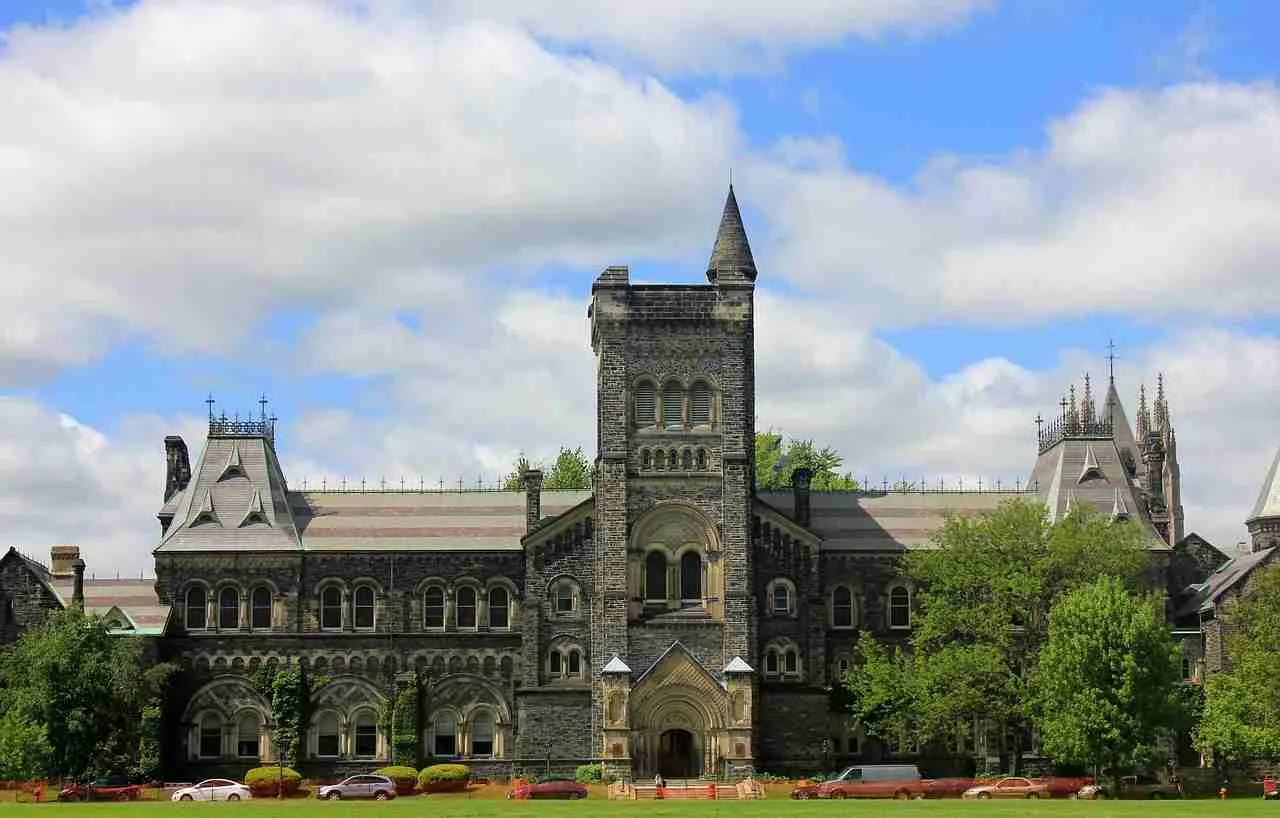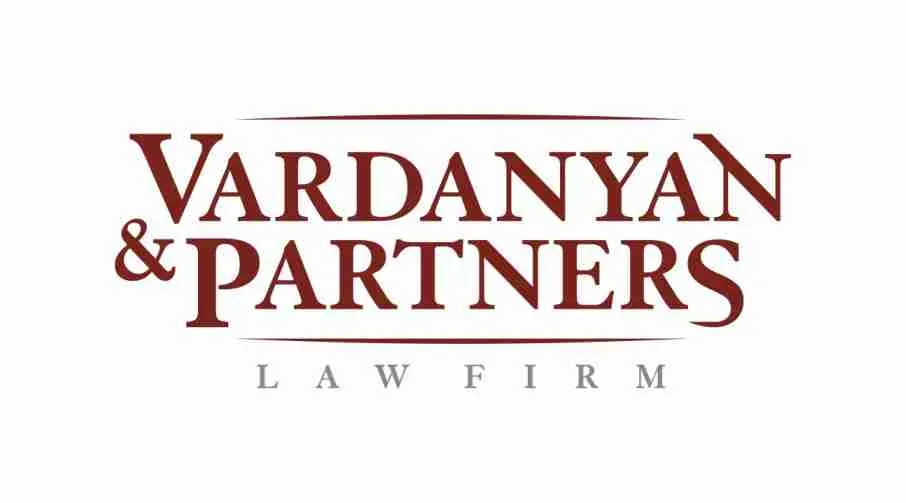Canada consistently ranks as one of the most desirable countries to live in, known for its high quality of life, stable economy, and exceptional educational system. For investors and entrepreneurs seeking a secure and prosperous future for their families, Canada offers attractive immigration programs with a pathway to permanent residency and citizenship. This article explores the various options available, focusing on the benefits of providing your children with access to Canada's world-class education system.
Why Canada?
Canada's publicly funded education system is celebrated globally for its high quality and accessibility. While international students pay annual tuition fees, education is free for citizens and permanent residents from kindergarten to grade 12 (or the equivalent). Post-secondary education is also heavily subsidized, making it significantly more affordable than in many other developed countries.
What sets Canada apart is its ability to deliver this high-quality education with comparatively modest spending. This reflects the efficiency and value of the Canadian education system. In addition to free public education, Canada offers:
High academic standards: Canadian students consistently achieve top scores in international assessments, outperforming their peers in math, science, and reading.
A diverse and inclusive learning environment: Canadian schools foster a welcoming atmosphere that values diversity and inclusivity, embracing students from all backgrounds.
World-class universities: Canada boasts numerous globally recognized universities, offering a wide range of undergraduate and graduate programs.
Opportunities for hands-on learning: Many Canadian colleges and universities incorporate co-op programs, internships, and apprenticeships into their curriculum, providing students with valuable work experience while they study.
Benefits of Canadian Residency and Citizenship
Obtaining Canadian residency or citizenship unlocks a wealth of benefits for individuals and families, including:
High quality of life: Canada consistently ranks high in global quality of life indices, offering a safe and clean environment, excellent healthcare, and a strong social safety net.
World-class healthcare and education: Residents and citizens have access to Canada's publicly funded healthcare system and renowned educational institutions.
Family inclusion: Spouses and dependent children can be included in the application, allowing them to enjoy the same benefits and opportunities.
Business growth potential: Canada's robust economy and supportive business environment provide excellent opportunities for entrepreneurs and investors to expand their ventures.
Travel freedom: A Canadian passport allows visa-free travel to many countries, offering greater global mobility.
Political and economic stability: Canada is a politically stable and economically prosperous country, providing a secure environment for families and businesses.
Pathways to Residency and Citizenship

While Canada does not have a direct citizenship-by-investment program, several immigration programs provide a pathway to permanent residency for investors and entrepreneurs, which can lead to citizenship after fulfilling residency requirements. These programs include:
1. Start-Up Visa Program (SUV)
The SUV program is designed for innovative entrepreneurs who can secure support from a designated Canadian organization. This program is ideal for those with a strong business idea and the potential to create jobs for Canadians. Unlike other business immigration programs, the SUV program does not link permanent residency status to the performance of the business. This means that entrepreneurs have the flexibility to adapt their business strategies and pursue new opportunities after obtaining permanent residency.
Requirements:
- Have a qualifying business that is innovative, can create jobs for Canadians, and can compete on a global scale.
- Secure a letter of support from a designated organization, such as a business incubator, angel investor group, or venture capital fund.
- Meet the language requirements (Canadian Language Benchmark 5 in listening, reading, writing, and speaking in English or French).
- Have enough money to settle in Canada.
Benefits:
- Direct pathway to permanent residency: Successful applicants and their families receive permanent residency upon arrival in Canada.
- Open to all nationalities: There are no restrictions on nationality.
- No limitations on business activities: Entrepreneurs can pursue any business activity in Canada.
- No net worth requirement: There is no minimum net worth requirement.
- Partnership opportunities: Up to five individuals can apply as owners of a single business.
2. Provincial Nominee Programs (PNPs)
PNPs allow Canadian provinces and territories to nominate individuals who wish to immigrate to Canada and settle in a particular province. Each province has its own streams and requirements, targeting specific skills and industries. PNPs often cater to candidates who may not have high Comprehensive Ranking System (CRS) scores, which are used in the Express Entry system, but possess skills in demand locally. Many PNPs also have lower language proficiency requirements compared to federal programs.
Requirements:
- Vary by province and stream.
- Generally include a minimum investment amount, business experience, and language skills.
- Often require a detailed business proposal outlining the business idea, location, and success strategies.
Benefits:
- Targeted opportunities: Each province's streams cater to specific skills and industries.
- Flexibility: PNPs provide pathways for individuals who might not qualify under federal programs.
- Regional focus: PNPs encourage settlement in areas outside of major urban centers.
- Enhanced Express Entry scores: A provincial nomination adds 600 points to an Express Entry application, increasing the chances of receiving an invitation to apply for permanent residency.
Example:
The BC PNP Entrepreneur Immigration - Regional stream offers a pathway for entrepreneurs who want to settle in a smaller community in British Columbia. This stream has a lower net worth requirement and a smaller minimum investment compared to the base category.
3. Quebec Immigrant Investor Program (QIIP)

The QIIP is a unique program designed by the province of Quebec to attract wealthy foreign nationals willing to make a significant financial investment in the province.
Requirements:
- Have a net worth of at least CAD 2 million.
- Have at least two years of management experience.
- Have a qualification equivalent to a secondary school diploma in Quebec.
- Be proficient in spoken French (at least level 7 on the Quebec scale).
- Make a five-year interest-free investment of CAD 1 million, guaranteed by the Government of Quebec.
- Make a non-refundable contribution of CAD 200,000 to Investissement Québec.
Benefits:
- Access to Quebec's unique culture and society: Quebec offers a distinct cultural experience within Canada, with its own language, traditions, and legal system.
- Pathway to permanent residency: After fulfilling the program requirements, investors and their families can obtain permanent residency in Canada.
4. Intra-Company Transfer Program
The Intra-Company Transfer program allows established businesses to transfer employees to their Canadian offices. This program can be a suitable option for investor-entrepreneurs who own businesses overseas and wish to expand their operations to Canada.
Requirements:
- The individual must be a current employee of the company seeking to transfer them.
- The individual must have been employed by the company for at least one year in the past three years.
- The individual must be transferring to a position in Canada that is similar to their current role.
- The Canadian company must demonstrate that the transfer will benefit the Canadian economy.
Benefits:
- Streamlined process: The Intra-Company Transfer program generally has faster processing times compared to other immigration programs.
- Work permit upon arrival: Successful applicants receive a work permit that allows them to start working in Canada immediately.
- Pathway to permanent residency: In some cases, individuals who have worked in Canada under an Intra-Company Transfer work permit may be eligible to apply for permanent residency through other programs, such as the Canadian Experience Class.
Investment Options for Entrepreneurs
Foreign investors and entrepreneurs have several options for investing in Canadian businesses:
- Starting a new business: This option offers the greatest flexibility and control but requires a strong business plan and sufficient capital.
- Buying an existing business: This option provides an established customer base and operational infrastructure but may require a larger investment.
- Buying shares in a business: This option allows for partial ownership and involvement in a Canadian company but may require careful due diligence and negotiation.
- Buying a franchise: This option provides a proven business model and brand recognition but may come with franchise fees and operational restrictions.
Application Process

The application process for each program varies, but generally involves the following steps:
Start-Up Visa Program (SUV):
- Prepare and submit a business proposal to a designated organization.
- Secure a letter of support from the designated organization.
- Submit a permanent residence application to Immigration, Refugees and Citizenship Canada (IRCC).
- Demonstrate settlement funds.
- Complete medical and security checks.
Provincial Nominee Programs (PNPs):
- Check eligibility for the PNP of the province or territory where you want to live.
- Apply for a nomination through the chosen PNP stream.
- If nominated, submit a paper application for permanent residence to IRCC.
- Pass a medical exam and get a police check.
Quebec Immigrant Investor Program (QIIP):
- Meet net worth and management experience requirements.
- Submit an initial application to the Quebec government.
- Make the required investment once you receive approval.
- Complete the 12-month stay requirement within two years.
- Maintain residence requirements.
Intra-Company Transfer Program:
- The Canadian company applies for a Labour Market Impact Assessment (LMIA) to demonstrate that there is a need for the foreign worker and that no Canadian worker is available to fill the position.
- If the LMIA is approved, the individual applies for a work permit.
- The individual may be eligible to apply for permanent residency after working in Canada for a certain period.
Costs Associated with Each Program
The costs associated with each program vary depending on the specific requirements and investment amounts.
Program | Minimum Investment | Processing Fees | Other Costs |
|---|---|---|---|
Start-Up Visa (SUV) | No minimum investment (business incubator) $75,000 (angel investor group) $200,000 (venture capital fund) | CAD 1,625 (principal applicant) CAD 850 (spouse/partner) CAD 230 (per child) | Settlement funds (CAD 12,960 - $34,300 depending on family size) Legal and administrative fees |
Provincial Nominee Programs (PNPs) | Varies by province and stream 24 | CAD 1,525 (principal applicant) CAD 950 (spouse/partner) CAD 260 (per child) | Provincial processing fees (vary by province) Settlement funds |
Quebec Immigrant Investor Program (QIIP) | CAD 1.2 million | CAD 17,380 | Settlement funds |
Please note that these costs are estimates and may vary depending on individual circumstances. It is essential to consult with an immigration professional for personalized advice.
Quality of Education in Canada

Canada's education system is widely recognized as one of the best in the world3. The country prioritizes education, investing heavily to ensure high-quality instruction and resources for all students.
Rankings of Schools and Universities
Several Canadian universities consistently earn top spots in global rankings. Here are a few examples:
- University of Toronto: Ranked 1st in Canada and 23rd globally by the Center for World University Rankings.
- University of British Columbia: Ranked 2nd in Canada and 51st globally by the Center for World University Rankings.
- McGill University: Ranked 3rd in Canada and 26th globally by the Center for World University Rankings.
- University of Alberta: Ranked 4th in Canada and 76th globally by the Center for World University Rankings.
- McMaster University: Ranked 5th in Canada and 174th globally by the Center for World University Rankings.
Cost of Education for Non-Residents
While public education is free for Canadian citizens and permanent residents, international students are required to pay tuition fees. The cost of education for non-residents varies depending on the program and institution. In order to be eligible for a Canadian study permit, international students must demonstrate that they have the necessary finances to support themselves during their studies.
Level of Study | Estimated Annual Tuition for Non-Residents |
|---|---|
Elementary and High School | $9,500 - $83,000 |
Language Schools | $14,280 - $17,000 |
Colleges and Vocational Schools | $7,000 - $22,000 |
Universities (Undergraduate) | $36,100 |
Universities (Graduate) | $21,100 |
Please note that these costs are average costs and may vary depending on the specific program and institution.
Scholarships and Financial Aid
International students in Canada have access to various scholarships and financial aid opportunities to help offset the cost of tuition and living expenses. Here are a few examples:
- University of Waterloo Scholarships: These scholarships are available to international students at all levels of study (undergraduate, master's, and PhD) and are valued up to $10,000.
- Université de Montréal Scholarships: These scholarships provide tuition fee exemptions for international students at all levels of study, with a value of up to $27,300 per year.
- Douglas College International Student Scholarships: These undergraduate scholarships cover up to CAD 7,000 of tuition fees for international students.
- York University International Student Scholarships: These scholarships are available to international students pursuing bachelor's degrees.
- University of Calgary International Entrance Scholarship: This scholarship is available to international students entering undergraduate programs.
In addition to these specific scholarships, many Canadian universities offer their own financial aid programs for international students. Students should contact their chosen institution's financial aid office to explore the available options.
Conclusion
Investing in Canadian residency or citizenship is a strategic decision with far-reaching benefits for your family's future. By providing your children with access to Canada's excellent education system, you are opening doors to a world of opportunities, setting them on a path towards success in a safe, stable, and prosperous environment.
The various immigration programs available to investors and entrepreneurs offer unique advantages and cater to different needs and circumstances. The Start-Up Visa Program is ideal for innovative entrepreneurs with a vision for creating globally competitive businesses, while Provincial Nominee Programs provide targeted opportunities for individuals with skills in demand in specific regions. The Quebec Immigrant Investor Program offers a pathway for high-net-worth individuals seeking to establish themselves in Quebec's unique cultural landscape.
By carefully considering your individual circumstances, financial resources, and long-term goals, you can choose the program that best suits your needs and embark on a journey towards a brighter future for your family in Canada.

Lusine Sargsyan
Attorney

